Wanna Nurture Will, Determination and Concentration? Help Your Child Find His Work
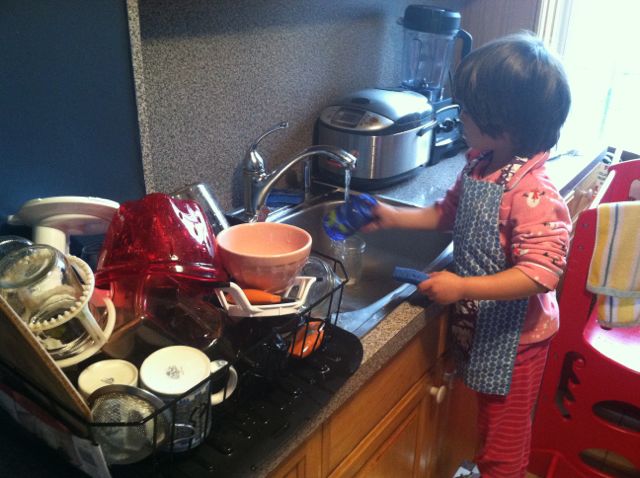
In Montessori, we talk about the child ‘finding his work.’ This means helping the child discover a piece of work that grabs his attention so much that – when undisturbed – he will work at it for long, long time. Preferably, it is a solitary piece of work done with his hands, using real objects, accompanied by increasing precision and concentration. Play kitchens, dollhouses, legos and most other conventional toys do not fall in this category. Don’t get me wrong, those activities serve wonderful purposes and are important, too. But in this case we are referring to activities like polishing a shoes, cleaning the windows, sweeping the floor, ironing, sewing, etc. Again, to review, these are 1. solitary activities 2. done with the hands 3. using real objects 4. requiring increasing precision 5. accompanied by concentration.
Helping a child find his work is a science and an art. You need to create the right environment. You must observe the child to see what he’s capable of and interested in doing. You have to respect the child when he finds his work and never interfere when he’s working. And you have to never give up on the child. Some children take a really long time to find their work and you have to keep presenting new materials till it sticks. Once found, nothing should stop you from protecting those critical moments of concentration.
I’m telling you this because when a child finds his work, you’ll be the happiest parent ever. Here’s how I know.
I have two very different children. Mackenzie loves to work. She is constantly busy. The quintessential Montessori child, she’s always coming into the kitchen saying, “Mama, I want to help you.”
Before you ask why I should be so lucky, I have another child, Brooke, who is the exact opposite. She’s more of a floater. She doesn’t like to work much. When I offer her lessons, she wanders off. Her favorite activity is to lie on my lap and suck her thumb. She’s not a passive child though, as 90% of the tantrums in our house originates with her. Cleaning up is especially painful and can take her twenty minutes to put away three pieces of Lego.
If you remember this post, she found her work here: changing into swimsuits. That has continued to be something she loves doing, changing outfits, doing her hair and putting on accessories. But recently, we went through another difficult spell with her. “I’m at my wit’s end,” was the exact text I wrote to my friend.
Then, about a week ago, after we made breakfast together, I asked Brooke (3 years 10 months) if she wanted to do dishes. I did a double-take when she said yes. For half an hour, she stood in front of the sink and washed those dishes with precision and care. She would sponge up a cup inside and out, put down the sponge, rinse away all the soap suds, then place it carefully in the dish rack. She worked for such a long time, I checked on her several times. When she got to the bottom of the sink, I found more dishes and quietly slid them into the sink. I even put in a few clean cups. I wasn’t going to let the lack of dirty dishes stop her from working with this level of concentration! When the sink was finally empty, she said, “I’m done.” Without any prompting, she noticed and wiped up the (very wet) floor too. Then she took off her apron and put it away.
After that moment, I saw a change. For days, she didn’t throw tantrums. She’s been working with intense concentration on other things. Overall, she’s been a much happier child. But you know who’s even happier? Me!
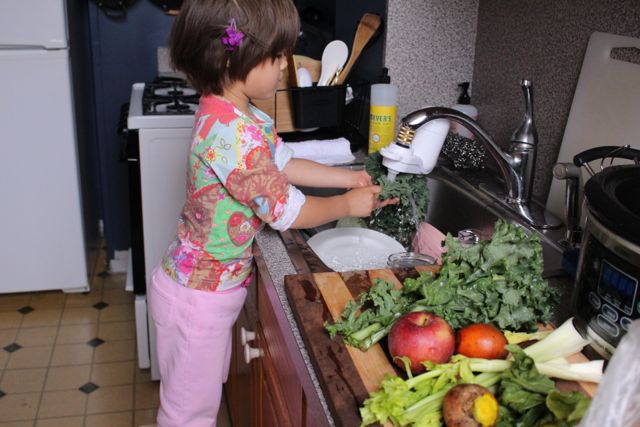 M washing fruits and vegetables to juice
M washing fruits and vegetables to juice
B and M have been doing Practical Life activities since they started walking. And they haven’t stopped. Now that they’re older and more capable, I give them more complicated Practical Life activities. Take juicing, for example. At 2-years-old, they juiced pre-cut oranges, all presented to them on one carefully-prepared tray. By 3, they learned to slice fruits and vegetables before juicing them. Now, they fetch the fruits and vegetables from the fridge, wash, cut, juice, clean up everything, then serve it to the whole family. A 1-year-old can only do one step of the process. At 4-year-old, the child can do the whole sequence.
Now that B and M are almost 4, I feel some pressure for them to learn to write or do math (it’s in the Asian gene, what can I say?!). We work on some of those things, but the bulk of their time with me is still spent working around the house. I know Maria is right when she placed her first emphasis on Practical Life. That is where the child builds will, determination and concentration. That is where the foundation is set. If you’re wondering how to ‘fix’ the child who loves to throw tantrums, or one who can’t concentrate on anything, or one who is overly aggressive or overly clingy, or if you’re simply wondering what activities to do with your child, try practical life activities. Ones that fit the criteria I mentioned in the beginning: a solitary piece of work done with the hands, using real objects, accompanied by concentration and increasing precision.
I think you’ll be happily surprised.




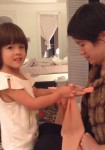

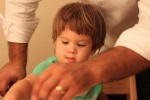
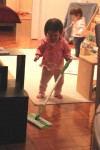

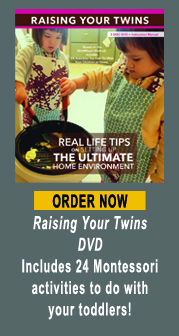
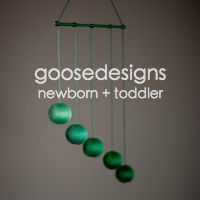

Oh wow. Your little ones sound so adorable. I bet they bring you much joy. The different personalities must be such a pleasure to keep education fun and interesting.
Ah, yes. Washing dishes has been a perfect activity for my toddler as well. It is the most obvious activity that consumes his concentration. He also loves to wash his cars and animals – giving them a “bath”. We have also discovery shifting flour. Hope I can find more that are as consuming for him. 🙂
Hi Lady Lilith, Having two different personalities definitely keeps it fun!
Adrienne, I’m so glad washing has been such a hit with your child, too. They also wash their scooters, rain boots and and bikes. Pretty much any outdoor equipment! I read about someone tweezing raw corn off a cob and then using it to make necklaces. I think I may try that today…
Hi!
You can’t believe how glad I am that I’ve found your blog. Today I looked up “montessori twins” because I’ve been feeling so frustrated and overwhelmed trying to implement a Montessori way of raising my twin baby girls. They are 16 months old (14 months corrected), not walking yet, and completely different from each other. One can focus for a large period of time doing things from beading, colouring, putting coins in her piggy bank… The other one just follows me around all day long.
i’m going to explore your posts… I think the answer is here!
Thank you.
Hope this finds you well.
I completely agree with the power of practical life- my beefy wild child has been into it since the day he could crawl, still is as a 2 1/2 year old…but suddenly he loves building- blocks, legos, everything! Tantrums bigger than I thought at this age,;)! But referring back to your comment about such things as legos, ,etc…being less than practical life (just my perception in my mood of living with an almost 3 year old, not hatin’ at all) I’m wondering- as we follow the child, there’s still some value and importance to this, yes? (The obsession of building over making dinner and cleaning that he has done sone wonderfully until now that is;)
Lana@TinyTwig
Learned something new! Thank you for this.